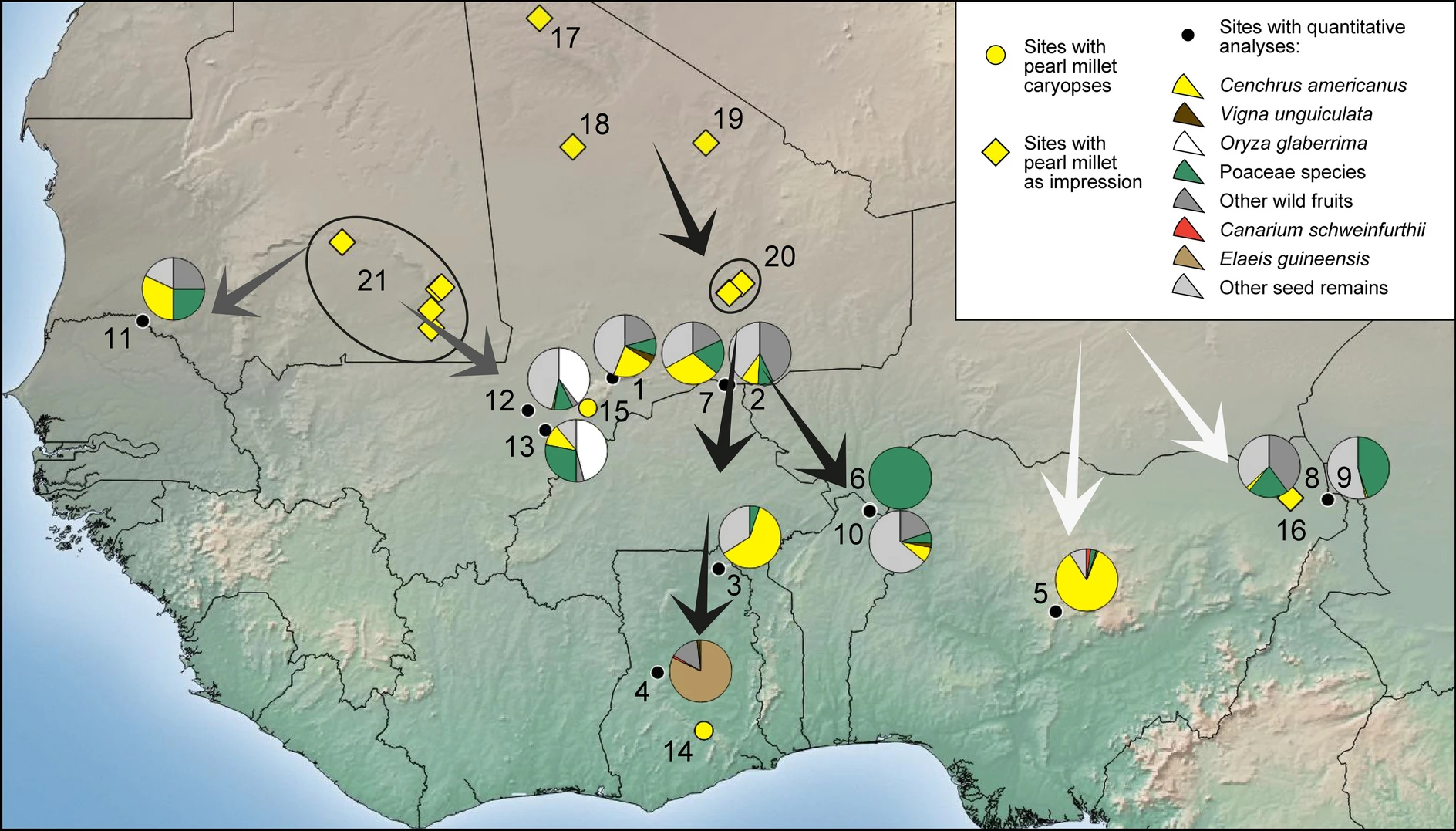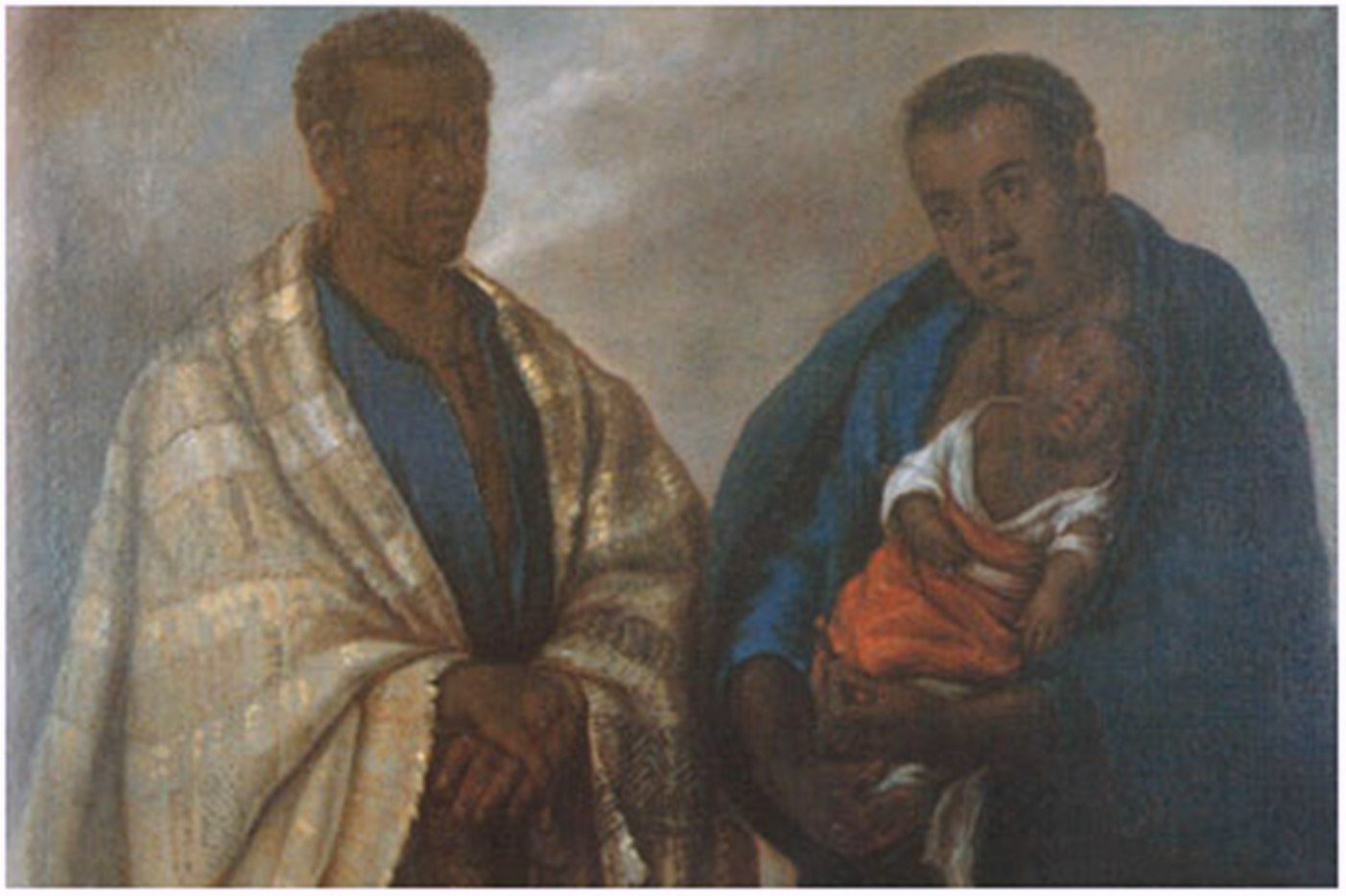|
Afro-Jamaican
''See also'' Mulattos in Jamaica Afro-Jamaicans are Jamaicans of predominantly African descent. They represent the largest ethnic group in the country. The ethnogenesis of the Black Jamaican people stemmed from the Atlantic slave trade of the 16th century, when enslaved Africans were transported as slaves to Jamaica and other parts of the Americas. During the period of British rule, slaves brought to Jamaica by European slave traders were primarily Akan, some of whom ran away and joined with Jamaican Maroons and even took over as leaders. Origin During the Atlantic slave trade, millions of people from West and Central Africa were enslaved and sold to European slave traders, primarily for transportation to the Americas. Most were captured in the frequent wars between African states, which were often fomented by the slave traders for this purpose, or were kidnapped in raids by African or European slavers directly. After the abolition of slavery in the British West Indi ... [...More Info...] [...Related Items...] OR: [Wikipedia] [Google] [Baidu] |
Rastafari
Rastafari is an Abrahamic religions, Abrahamic religion that developed in Jamaica during the 1930s. It is classified as both a new religious movement and a social movement by Religious studies, scholars of religion. There is no central authority in control of the movement and much diversity exists among practitioners, who are known as Rastafari, Rastafarians, or Rastas. Rastafari beliefs are based on an interpretation of the Bible. Central to the religion is a monotheistic belief in a single God, referred to as Jah, who Immanence, partially resides within each individual. Rastas accord key importance to Haile Selassie, Emperor of Ethiopia between 1930 and 1974, who is regarded variously as the Second Coming of Christ, Second Coming of Jesus, Incarnation, Jah incarnate, or a human prophet. Rastafari is Afrocentrism, Afrocentric and focuses attention on the African diaspora, which it believes is oppressed within Western society, or "Babylon". Many Rastas call for this diaspora's ... [...More Info...] [...Related Items...] OR: [Wikipedia] [Google] [Baidu] |
Kumina
Kumina is an Afro-Jamaican religion, dance and music form. Kumina has practices that include secular ceremonies, dance and music that developed from the beliefs and traditions brought to the island by Kongo enslaved people and indentured labourers, from the Congo region of West Central Africa, during the post-emancipation era. It is mostly associated with the parish of St. Thomas in the east of the island. However, the practice spread to the parishes of Portland, St. Mary and St. Catherine, and the city of Kingston. Kumina also gives it name to a drumming style, developed from the music that accompanied the spiritual ceremonies, that evolved in urban Kingston. The Kumina drumming style has a great influence on Rastafari music, especially the Nyabinghi drumming, and Jamaican popular music. Count Ossie was a notable pioneer of the drumming style in popular music and it continues to have a significant influence on contemporary genres such as reggae and dancehall. The '' K ... [...More Info...] [...Related Items...] OR: [Wikipedia] [Google] [Baidu] |
Jamaicans
Jamaicans are the citizens of Jamaica and their descendants in the Jamaican diaspora. The vast majority of Jamaicans are of Sub-Saharan African descent, with minorities of Europeans, Indians, Chinese, Middle Eastern, and others of mixed ancestry. The bulk of the Jamaican diaspora resides in other Anglophone countries, namely Canada, the United States and the United Kingdom. Jamaican populations are also prominent in other Caribbean countries, territories and Commonwealth realms, where in the Cayman Islands, born Jamaicans, as well as Caymanians of Jamaican origin, make up 26.8% of the population. Outside of Anglophone countries, the largest Jamaican diaspora community lives in Central America, where Jamaicans make up a significant percentage of the population. History According to the official Jamaica Population Census of 1970, ethnic origins categories in Jamaica include: Black (Mixed); Chinese; East Indian; White; and 'Other' (e.g.: Syrian or Lebanese). Jam ... [...More Info...] [...Related Items...] OR: [Wikipedia] [Google] [Baidu] |
Jamaica
Jamaica is an island country in the Caribbean Sea and the West Indies. At , it is the third-largest island—after Cuba and Hispaniola—of the Greater Antilles and the Caribbean. Jamaica lies about south of Cuba, west of Hispaniola (the island containing Haiti and the Dominican Republic), and southeast of the Cayman Islands (a British Overseas Territories, British Overseas Territory). With million people, Jamaica is the third most populous English-speaking world, Anglophone country in the Americas and the fourth most populous country in the Caribbean. Kingston, Jamaica, Kingston is the country's capital and largest city. The indigenous Taíno peoples of the island gradually came under Spanish Empire, Spanish rule after the arrival of Christopher Columbus in 1494. Many of the indigenous people either were killed or died of diseases, after which the Spanish brought large numbers of Africans to Jamaica as slaves. The island remained a possession of Spain, under the name Colo ... [...More Info...] [...Related Items...] OR: [Wikipedia] [Google] [Baidu] |
Convince
Convince, also known as Bongo or Flenke, is a religion from eastern Jamaica. It has roots in Kumina and Jamaican Maroon religion. History According to research by J. W. Pullis the religion originated in the Portland Parish Portland (), with its capital city, capital town Port Antonio, is a Parishes of Jamaica, parish located on Jamaica's northeast coast. It is situated to the north of Saint Thomas Parish, Jamaica, St Thomas and to the east of Saint Mary Parish, ... in Jamaica in the mid or late 1800s. It is believed to have a Central African origin in its beliefs and practices. Very little is known about the exact origins of the religion because of little research done on it. It can be deduced that the name of the religion comes from Christian teachings about "conviction" and the term "convince" began being used as a term for Myal spirit possession in the Native Baptist Church. Around 1861 many church members split into different camps with the more African oriented spl ... [...More Info...] [...Related Items...] OR: [Wikipedia] [Google] [Baidu] |
Jamaican Maroon Religion
The traditional Jamaican Maroon religion, otherwise known as Kumfu, was developed by a mixing of West and Central African religious practices in Maroon communities. While the traditional religion of the Maroons was absorbed by Christianity due to conversions in Maroon communities, many old practices continued on. Some have speculated that Jamaican Maroon religion helped the development of Kumina and Convince. The religious Kromanti dance is still practiced today but not always with the full religious connotation as in the past. History What can be deduced today about the religion's origins points to the idea that it is founded upon Akan religion but syncretized with other African beliefs. This is evident by the many specifically Akan aspects found in the religion. Very little was written about the original religion of the Jamaican Maroons because of little contact Maroons had with the outside world. What was written at the time by Bryan Edwards (a pro-slavery histori ... [...More Info...] [...Related Items...] OR: [Wikipedia] [Google] [Baidu] |
Afro-Caribbean People
Afro-Caribbean or African Caribbean people are Caribbean people who trace their full or partial ancestry to Sub-Saharan Africa. The majority of the modern Afro-Caribbean people descend from the Africans (primarily from West and Central Africa) taken as slaves to colonial Caribbean via the trans-Atlantic slave trade between the 15th and 19th centuries to work primarily on various sugar plantations and in domestic households. Other names for the ethnic group include Black Caribbean, Afro- or Black West Indian, or Afro- or Black Antillean. The term West Indian Creole has also been used to refer to Afro-Caribbean people, as well as other ethnic and racial groups in the region, though there remains debate about its use to refer to Afro-Caribbean people specifically. The term Afro-Caribbean was not coined by Caribbean people themselves but was first used by European Americans in the late 1960s. People of Afro-Caribbean descent today are largely of West African and Central African ance ... [...More Info...] [...Related Items...] OR: [Wikipedia] [Google] [Baidu] |
British Jamaicans
British Jamaicans (or Jamaican British people) are British people who were born in Jamaica or who are of Jamaican descent. The community is well into its third generation and consists of around 300,000 individuals, the second-largest Jamaican population, behind the United States, living outside of Jamaica. The Office for National Statistics estimates that in 2015, some 137,000 people born in Jamaica were resident in the UK. The number of Jamaican nationals is estimated to be significantly lower, at 49,000 in 2015. Jamaicans have been present in the UK since the start of the 20th century; however, by far the largest wave of migration occurred after the Second World War. During the 1950s, Britain's economy was suffering greatly and the nation was plagued with high labour shortages. The British government looked to its overseas colonies for help and encouraged migration in an effort to fill the many job vacancies. Jamaicans, alongside other Caribbean, African and South Asian gro ... [...More Info...] [...Related Items...] OR: [Wikipedia] [Google] [Baidu] |
Akan People
The Akan () people are a kwa languages, Kwa group living primarily in present-day Ghana and in parts of Ivory Coast and Togo in West Africa. The Akan speak languages within the Central Tano languages, Central Tano branch of the Potou–Tano languages, Potou–Tano subfamily of the Niger–Congo languages, Niger–Congo family.''Languages of the Akan Area: Papers in Western Kwa Linguistics and on the Linguistic Geography of the Area of Ancient''. Isaac K. Chinebuah, H. Max J. Trutenau, Linguistic Circle of Accra, Basler Afrika Bibliographien, 1976, pp. 168. Subgroups of the Akan people include: the Adansi, Agona, Akuapem people, Akuapem, Akwamu, Akyem, Anyi people, Anyi, Ashanti people, Asante, Baoulé people, Baoulé, Bono people, Bono, Chakosi people, Chakosi, Fante people, Fante, Kwahu, Sefwi people, Sefwi, Wassa, Ahanta people, Ahanta, Denkyira and Nzema people, Nzema, among others. The Akan subgroups all have cultural attributes in common; most notably the tracing of royal m ... [...More Info...] [...Related Items...] OR: [Wikipedia] [Google] [Baidu] |
African Diaspora
The African diaspora is the worldwide collection of communities descended from List of ethnic groups of Africa, people from Africa. The term most commonly refers to the descendants of the native West Africa, West and Central Africans who were slavery, enslaved and shipped to the Americas via the Atlantic slave trade between the 16th and 19th centuries, with their largest populations in Brazil, the United States, and Haiti. The term can also be used to refer to Demographics of Africa, African descendants who immigrated to other parts of the world. Scholars identify "four circulatory phases" of this migration out of Africa. The phrase ''African diaspora'' gradually entered common usage at the turn of the 21st century. The term ''diaspora'' originates from the Greek (''diaspora'', "scattering") which gained popularity in English in reference to the Jewish diaspora before being more broadly applied to other populations. Less commonly, the term has been used in scholarship to refe ... [...More Info...] [...Related Items...] OR: [Wikipedia] [Google] [Baidu] |
Jamaican Americans
Jamaican Americans are an ethnic group of West Indian Americans, Caribbean Americans who have full or partial Jamaicans, Jamaican ancestry. The largest proportions of Jamaican Americans live in South Florida and New York City, both of which have been home to large Jamaican communities since the 1950s and the 1960s. There are also communities of Jamaican Americans residing in Connecticut, Georgia (U.S. state), Georgia, New Jersey, Pennsylvania, Maryland, Massachusetts, and California. The vast majority of Jamaican Americans are of Afro-Caribbean people, Afro-Caribbean descent, although smaller numbers are of full or partial Indo-Jamaicans, Indian Jamaican, Chinese Jamaicans, Chinese Jamaican, White Jamaicans, European and Lebanese Jamaicans, Lebanese descent. Historical immigration After 1838, History of the Caribbean, European colonies in the Caribbean with expanding sugar industries imported large numbers of immigrants to meet their acute labor shortage. Large numbers of Jama ... [...More Info...] [...Related Items...] OR: [Wikipedia] [Google] [Baidu] |
Mulattos In Jamaica
Mulattos in Jamaica generally refers to Jamaicans of mixed African and European ancestry. Over time, the classification has come to include a broader range of ancestries—among them, significant contributions from Middle Eastern immigrants (predominantly from Syria, Lebanon, and neighboring regions) who arrived in the late 19th and early 20th centuries. Terminology Historically, the term "mulatto" was used in the Americas as a descriptor for individuals of mixed European and African descent. In Jamaica, early colonial documents, plantation records, and legal codes employed classifications—such as "mulatto", "quadroon", and "octoroon"—to denote differences in the degree of European ancestry. Over time, scholars have argued that such classifications are overly simplistic in the Jamaican context. While "mulatto" traditionally implies a mix of European and African ancestry, Jamaica's complex migratory history means that many individuals with Middle Eastern admixture have also bee ... [...More Info...] [...Related Items...] OR: [Wikipedia] [Google] [Baidu] |




